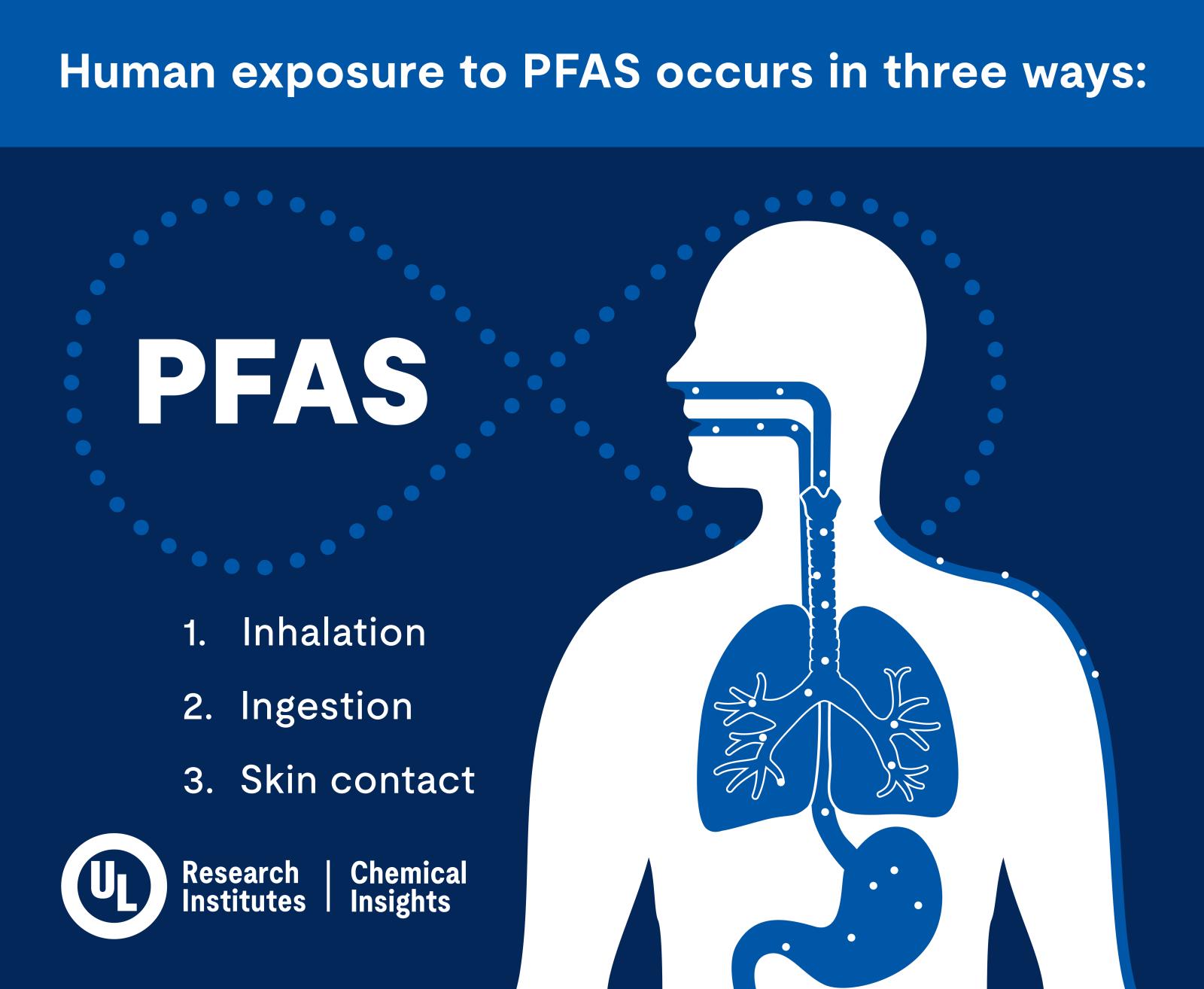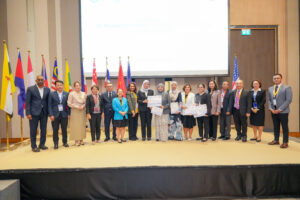CIRI Shares Latest Research Findings on PFAS Associated With Consumer and Commercial Textiles

ATLANTA (March 27, 2024) – Chemical Insights Research Institute (CIRI) of UL Research Institutes has released its first report on a multi-phase research study of per- and polyfluoroalkyl substances (PFAS), commonly referred to as “forever chemicals,” associated with consumer and commercial textiles.
This ongoing study, conducted in partnership with the Rollins School of Public Health at Emory University, provides insights into the measurement of PFAS in a variety of consumer textiles and how these PFAS enter the human body. Materials studied included consumer wearables and textile coverings for upholstered furniture.
“This research contributes to CIRI’s strategic goal of evaluating chemicals of concern used in our everyday products, and how they can affect human health, including that of children,” said Dr. Marilyn Black, CIRI’s vice president and senior technical strategic advisor. “Some data suggest that fetal development and cognitive capacity of young children may be altered.”
Consumer apparel items from various brands were evaluated including women’s and men’s pants, rain jackets, leggings, and t-shirts. Specimens were prepared for composition analysis to identify and quantify legacy and emerging PFAS.
Findings included:
For consumer apparel:
- Of the 20 PFAS analytically targeted, 11 were detected in the textiles studied
- Per-fluorohexanoic acid (PFHxA) was the most commonly detected PFAS across the consumer textiles evaluated
- Levels of measured PFAS showed variability within a textile material, indicating its inhomogeneous presence
- Specific PFAS identified and their levels varied across consumer brands
For upholstery fabrics:
- Of the 20 PFAS analytically targeted, 5 PFAS were detected at quantifiable levels
- As with consumer apparel PFHxA was found in high abundance for each fabric brand examined
An interesting finding was that the pattern of PFAS identified in the studied textiles did not fully align with those PFAS found in human blood as recently reported by the U.S. Centers for Disease Control and Prevention. This may indicate a lag in biomonitoring in relation to current market PFAS use.
CIRI is expanding its research to determine how textile use and age can lead to potential dermal exposure, skin migration, and ingestion.
Read the complete report.
Learn more information about CIRI’s PFAS Research Initiative.
About Chemical Insights Research Institute
Chemical Insights Research Institute (CIRI) of UL Research Institutes is a nonprofit organization dedicated to scientific research, publication, education, and communication on environmental exposures resulting from technologies and practices, their impact on human health, and processes for reducing health risks. CIRI provides actionable data and resources to help manufacturers, educators, healthcare providers, and consumers make informed environmental health decisions and risk reduction strategies for the protection of human health.
For more information, please visit www.chemicalinsights.org.
About UL Research Institutes
UL Research Institutes is a nonprofit research organization dedicated to advancing public safety through scientific discovery. Since 1894, our research has advanced our mission toward a safer, more secure, and sustainable future. Focused on global risks from fire mitigation and air quality to safe energy storage and digital privacy, we conduct rigorous independent research, analyze safety data and partner with experts to uncover and act on existing and emerging risks to human safety.
Discover more at UL.org.
Contact
Bert Kelly
Chemical Insights Research Institute
UL Research Institutes
Bert.Kelly@ul.org
1-470-957-7854
PUBLISHED









